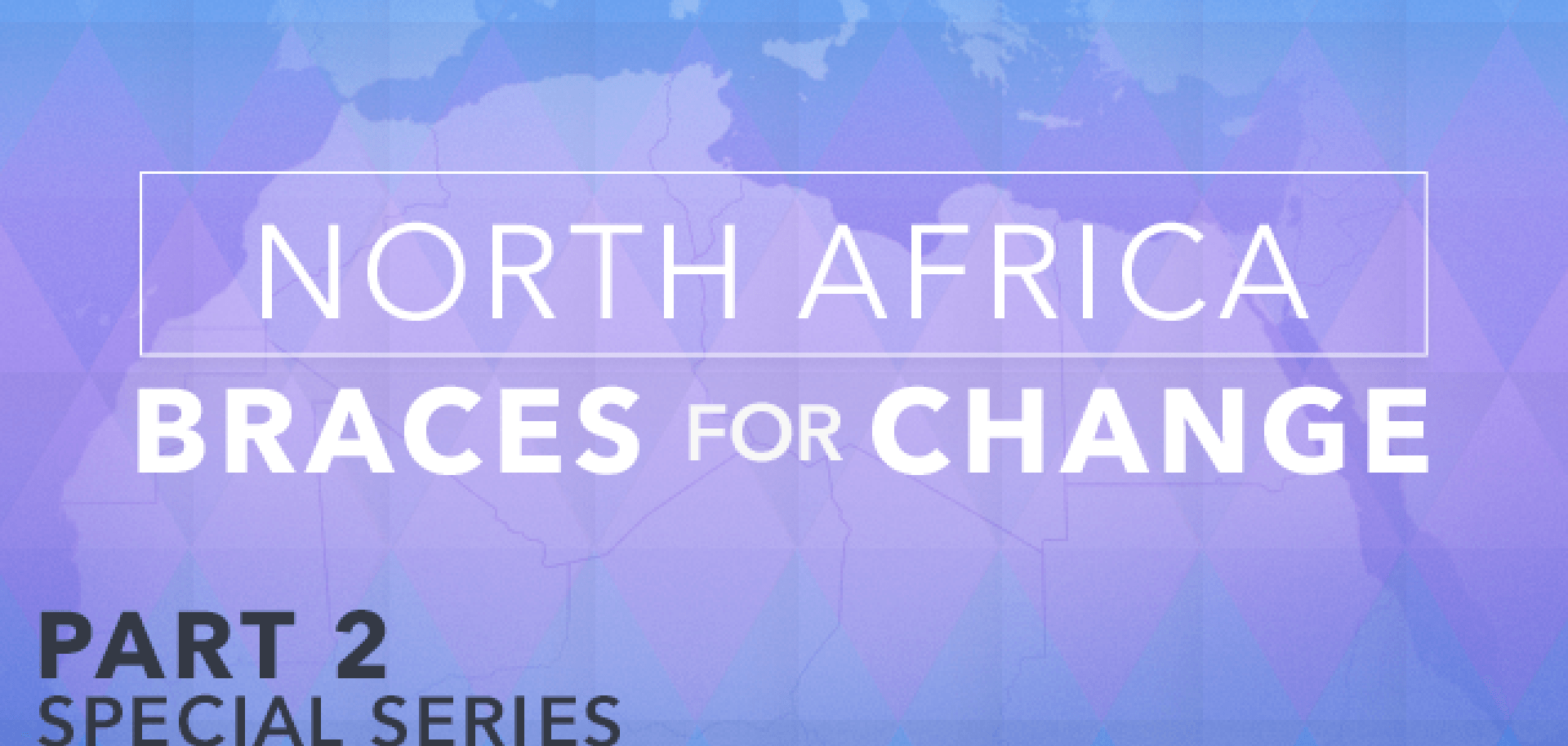ASSESSMENTS
Uncertainty Looms Over Algerian Elections
Mar 18, 2014 | 09:00 GMT

Summary
Editor's Note: The following is the second installment of a series examining the geographic, political and security challenges facing North Africa.
Algeria, a relative bastion of North African stability, has withstood the sweeping social unrest of 2011, the rise of regional militants in 2012 and a major terrorist attack on an energy installation born out of destabilizing security environments on its borders. Algerian President Abdel Aziz Bouteflika, in power since 1999, suffered a stroke in April 2013 that has created a new political perplexity and left serious doubts in many Algerians' minds about the ailing leader's ability to successfully oversee the country's looming political transition. In moving away from a tradition of strongly nationalistic and vigorous campaigning, the Bouteflika political machine has to contain backroom political struggles that are now regularly spilling over into public debate rather than focusing on the upcoming election and Bouteflika's transition strategy.
Algeria's April 17 elections will not end the current political impasse and nagging concern regarding the country's future, even with Bouteflika's Feb. 22 confirmation of his candidacy. The question of whether a stable post-Bouteflika transition is possible is likely to linger well beyond the national election. The current squabbling within the country's civilian political leadership, military and intelligence organizations will impede the constitutional and economic reforms necessary to manage Algiers' rising energy and governmental revenue needs within a destabilizing regional security environment.
Subscribe Now
SubscribeAlready have an account?
